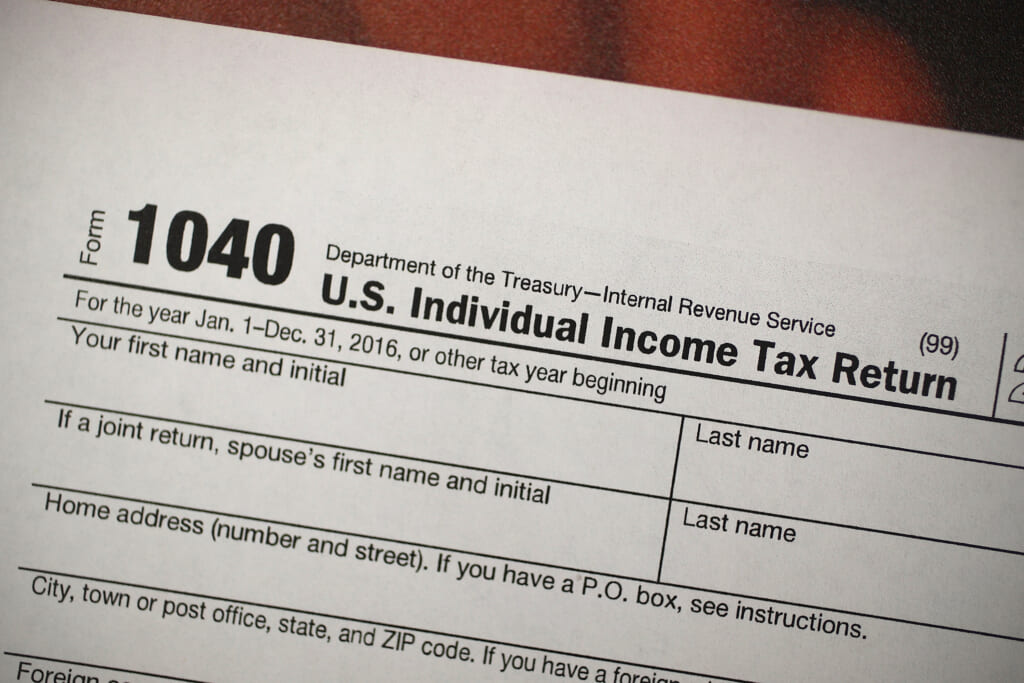The rich continue to get richer with impunity.
New reports suggest that the nation’s wealthiest people and corporations are paying taxes at new low rates as the number of audits on the most well-off has decreased. Furthermore, an official at the U.S. Treasury Department has disclosed that collecting taxes from the rich is not high on the priority list.
As reported by Newsweek, researchers at Syracuse University have concluded that 98% of Americans who annually earn more than $1 million were not audited by the Internal Revenue Service last year. In fact, the research shows that audits conducted on individuals in that income group have decreased by 72 percent since 2012.
READ MORE: IRS will delay tax filing due date until May 17
The richest corporations have also seen a decline in audits over the same timeframe. The report indicates that in 2012, 93% of the country’s biggest companies were audited. However, by 2020, just 38% of 755 corporate giants were audited by the IRS.
Overall, from 2012 to 2020, the IRS went from recovering $29 billion in revenue from audits on large companies and wealthy Americans to only $7 billion.

“At a time when Americans face growing economic inequality and financial hardship caused by the COVID-19 pandemic, the IRS is letting billions of dollars in tax revenue slip through its fingers,” stated the researchers from Syracuse University. “As public attention focuses on how the country can restore faith in our democratic institutions, one area that should not be overlooked is how the nation can better ensure that our income tax laws are fairly and effectively administered.”
According to a March 10 report on delinquent taxpayers from Treasury, the department’s inspector general wrote that at the IRS, “high-income taxpayers are generally not a collection priority, nor is there a strategy in place to address nonpayment by high-income taxpayers.”
When it comes to considering collection cases, the IRS does not factor income.
“Intentional nonpayment of income tax by those with significant financial resources and sophistication is a blatant form of noncompliance,” the report said. “High-income taxpayer noncompliance can have a significant corrosive effect on overall tax administration as well as add to the belief that the Nation’s tax system favors the wealthy.”
READ MORE: FAFSA auditing Black and Latino students at higher rate
“At a time when Americans face growing economic inequality and financial hardship caused by the COVID-19 pandemic, the IRS is letting billions of dollars in tax revenue slip through its fingers,” stated the researchers from Syracuse University. “As public attention focuses on how the country can restore faith in our democratic institutions, one area that should not be overlooked is how the nation can better ensure that our income tax laws are fairly and effectively administered.”
The decrease in audits to the wealthiest one percent happens to coincide with the IRS receiving less funding.
According to the Center on Budget and Policy Priorities, the IRS’ enforcement budget declined 24% between 2010 and 2018. During that same time period, the IRS’ overall budget has diminished by over 20%.
Have you subscribed to theGrio’s podcast “Dear Culture”? Download our newest episodes now!
TheGrio is now on Apple TV, Amazon Fire, and Roku. Download theGrio today!
Share
Source link
 Black America Breaking News for the African American Community
Black America Breaking News for the African American Community